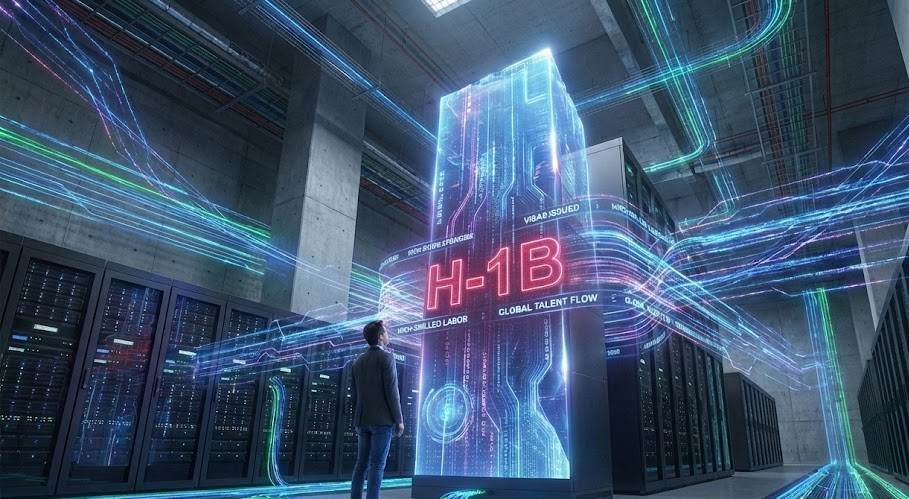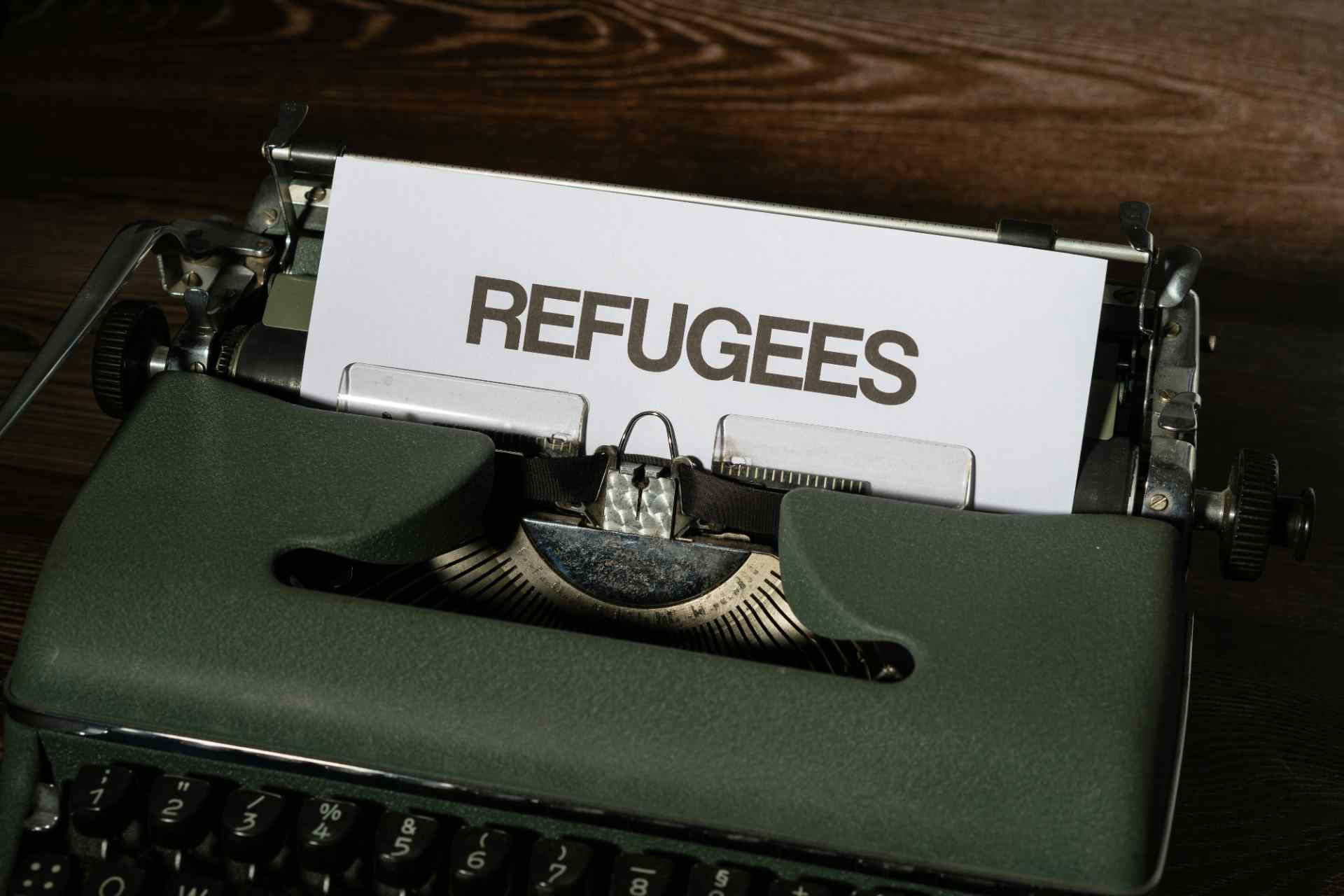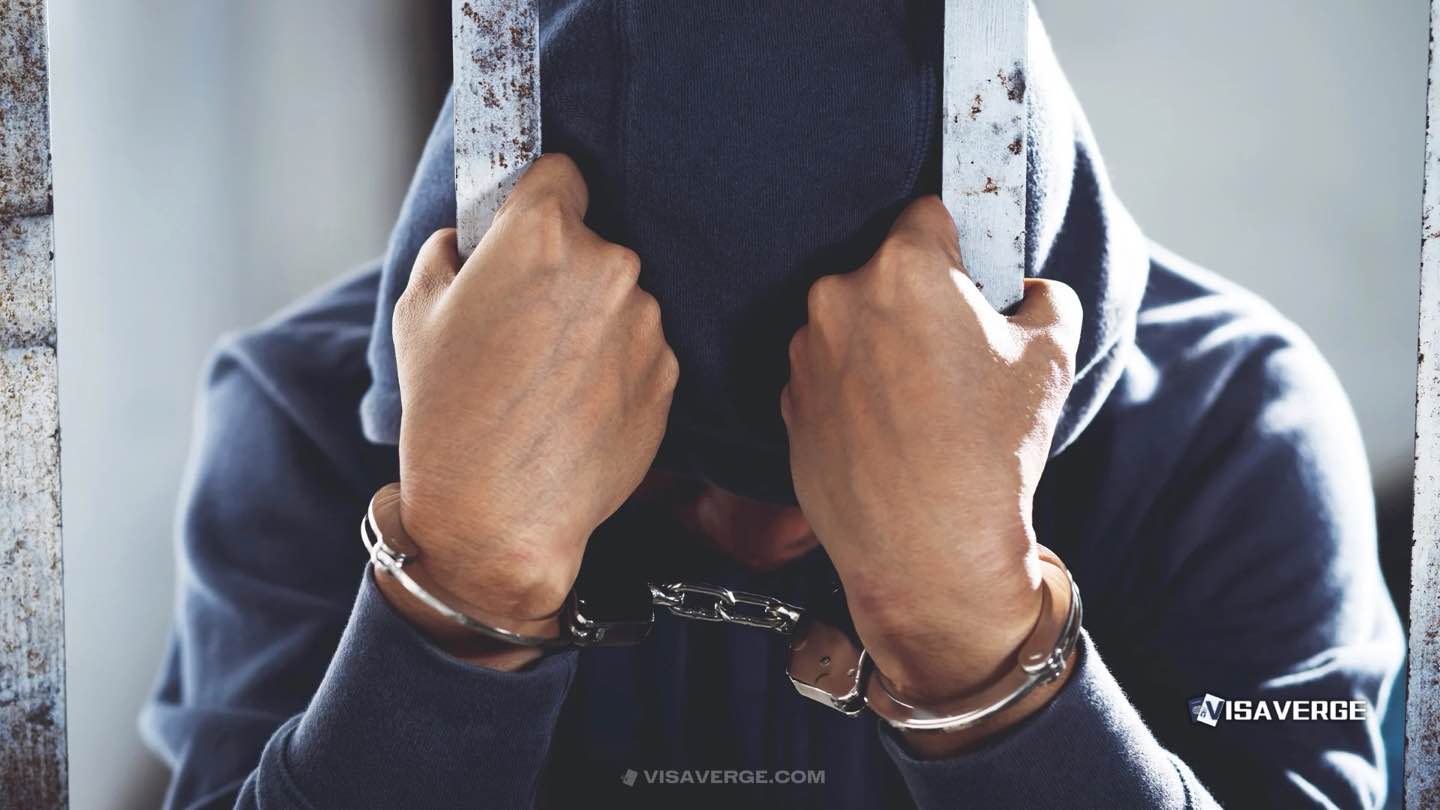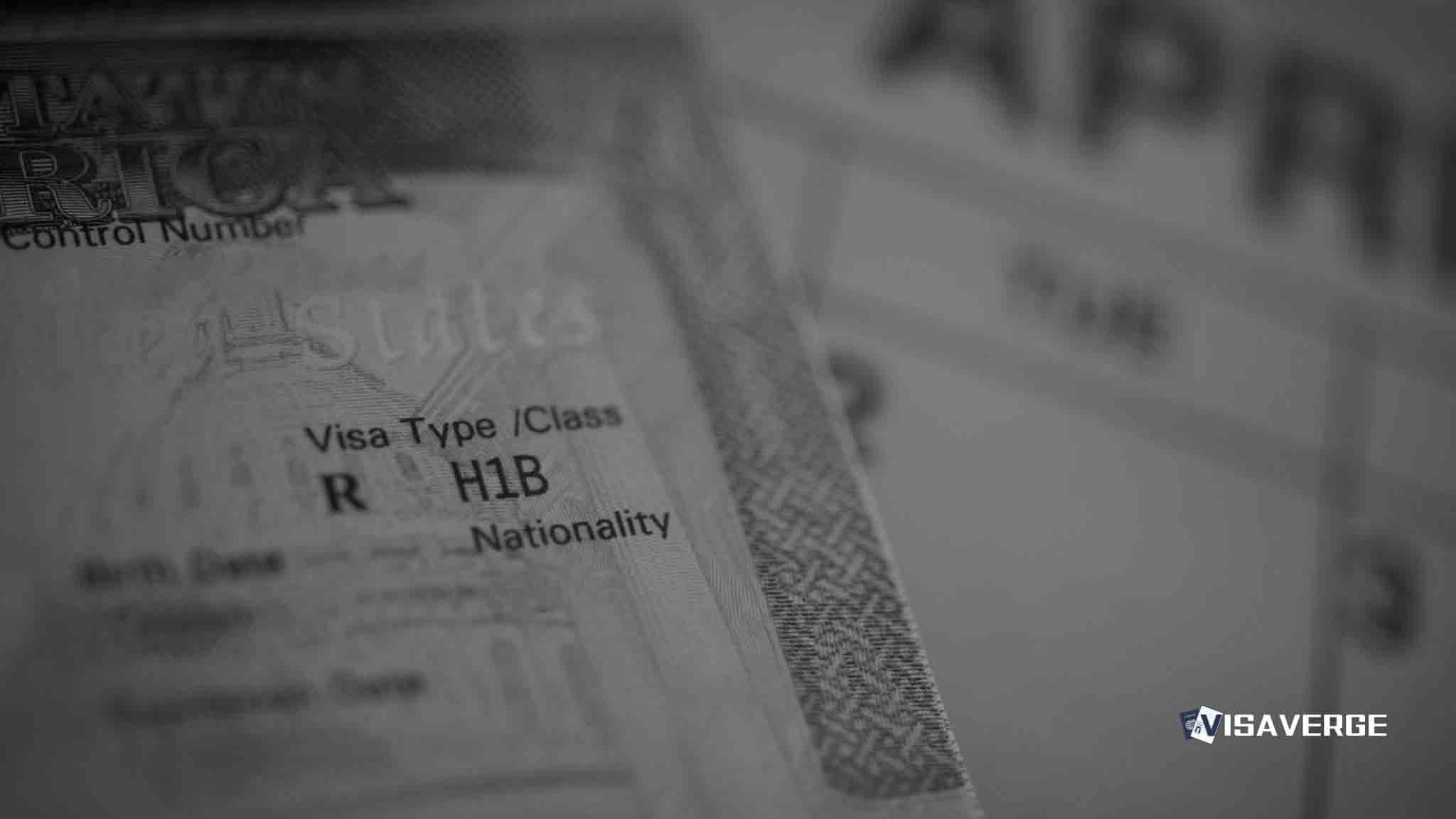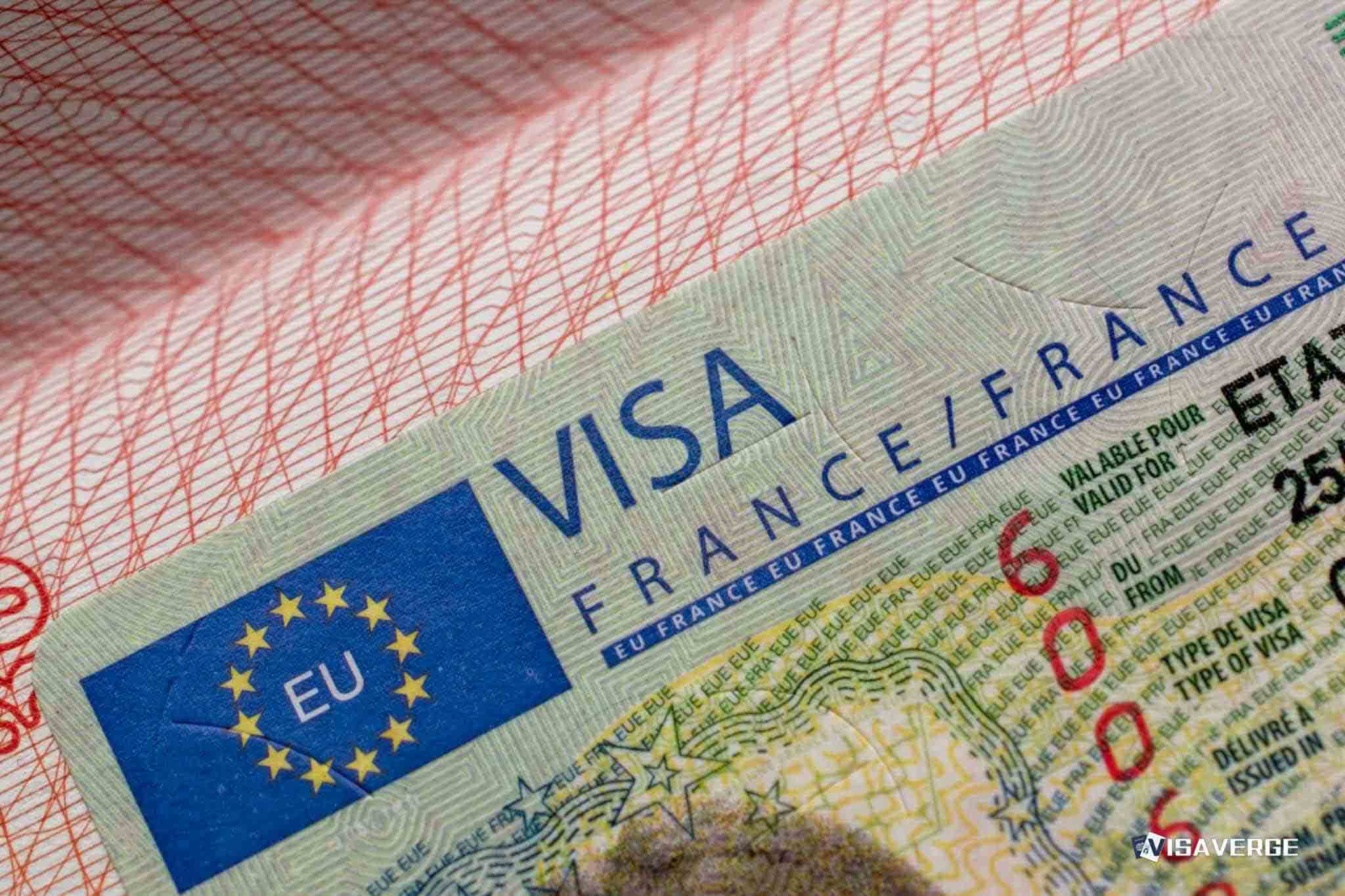(CHICAGO, ILLINOIS) Federal immigration courts in Chicago are at the center of new claims of political retaliation, after Senator Dick Durbin said immigration judges were pushed out of their jobs during the Trump administration for decisions that did not match the White House’s hard-line immigration message. Durbin, the Democratic senator from Illinois, says the actions may have broken rules that are meant to protect immigration judges from being hired or fired for political reasons and could weaken faith in the immigration court system nationwide.
Allegations of Political Retaliation in Chicago
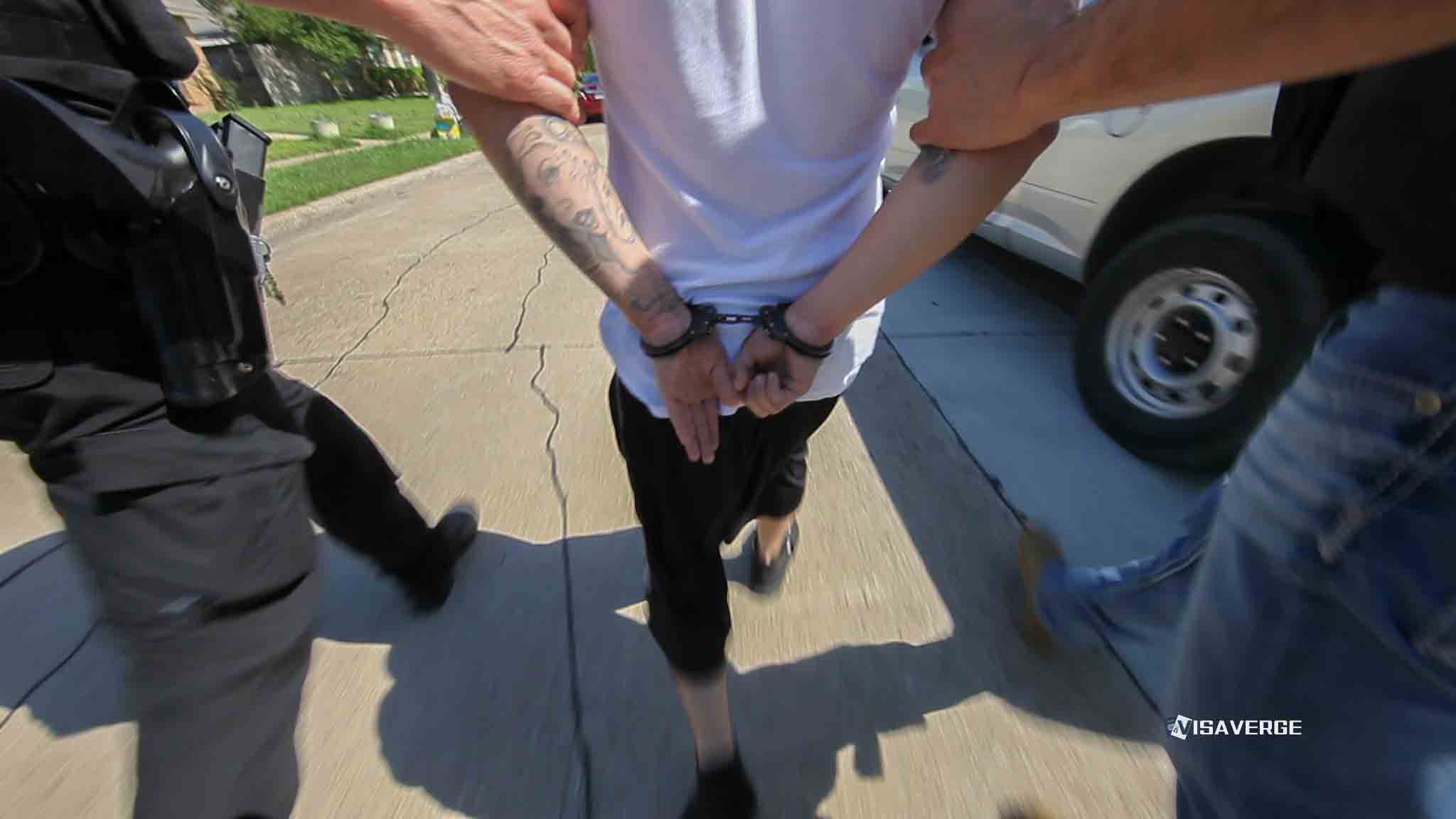
Durbin has sent demands for answers to U.S. Attorney General Pam Bondi, pressing the Justice Department to explain why several immigration judges were removed while Immigration and Customs Enforcement (ICE) was stepping up enforcement. He has called the dismissals “political retribution,” arguing there is no clear performance-based reason behind them.
“The only plausible explanation for firing immigration judges… is a political one. However, immigration judges have protections from politicized hiring and firing,” Durbin said, describing the pattern as part of a broader attempt to shape court outcomes.
-
Demands to DOJ Leadership
Durbin sent formal inquiries to U.S. Attorney General Pam Bondi seeking explanations for the removal of several Chicago immigration judges.
-
Alleged Political Retribution
He characterizes the dismissals as “political retribution” with no clear performance-based justification.
-
Threat to Judicial Independence
Durbin warns that politicized hiring and firing could erode nationwide confidence in the immigration court system.
The Carla Espinoza Test Case
At the center of his concerns is the case of former Chicago Immigration Judge Carla Espinoza, whose sudden removal has become a test of how far an administration can go in pressuring the courts that decide who can stay in the United States 🇺🇸. Espinoza, who served on the Chicago immigration bench, says she came under unusual scrutiny from senior officials after presiding over a high-profile case involving a noncitizen accused of threatening to kill President Donald Trump. According to analysis by VisaVerge.com, her case has emerged as a key example for lawmakers questioning political interference in the immigration courts.
The case involved Ramon Morales-Reyes, who was accused of writing letters threatening to assassinate President Trump. Espinoza heard arguments suggesting Morales-Reyes had been framed by someone trying to trigger his deportation by sending false threats in his name. After reviewing the evidence presented in court, Espinoza decided to grant him bail, allowing his release while his immigration case continued. That ruling, however, directly clashed with the public message coming from the Trump administration about the case.
Soon after the hearing, then–Homeland Security Secretary Kristi Noem publicly praised ICE, stating, “Thanks to our ICE officers, this illegal alien who threatened to assassinate President Trump is behind bars.” Espinoza’s bail decision undercut that claim, highlighting the tension between courtroom facts and political talking points. She later said she believed that her legal ruling in the Morales-Reyes matter put her on a collision course with officials who wanted tough, headline-grabbing enforcement results.
Espinoza has openly linked her dismissal to that ruling. “I’m also concerned that my ruling in that particular case played a significant role in my subsequent termination,” she said. Her comments go beyond her personal situation and touch on deeper constitutional worries.
“When due process of law and the rule of law is eroded, as I believe is happening in this case, people distrust the process, and there’s a fair reason to do that under the circumstances,” she added, warning that immigrants and the public may start to see the courts as extensions of politics rather than neutral forums.
-
High-Profile Defendant
Espinoza presided over the case of Ramon Morales-Reyes, accused of writing threats to assassinate President Trump.
-
Bail Decision vs. Political Messaging
She granted Morales-Reyes bail after hearing evidence he may have been framed, directly undercutting public claims that he was “behind bars.”
-
Alleged Retaliation
Espinoza believes this lawful ruling played a significant role in her subsequent termination.
-
Warning on Rule of Law
She argues that erosion of due process and the rule of law leads people to distrust the courts as neutral forums.
Broader Pattern in Chicago’s Immigration Courts
Durbin argues that what happened to Carla Espinoza is not an isolated dispute but part of a larger pattern that especially affects Chicago. He says Chicago immigration courts appear to have been singled out as the Trump administration pushed federal agencies to speed up deportations. According to Durbin, the strategy seemed to be either to “bring in political hacks that will rule the way that President Trump demands they rule” or to leave too few judges in place, causing delays and making it easier for the government to win removal orders when people cannot properly present their cases.
Immigration judges hold a unique role: they are employees of the Justice Department, not independent judges under Article III of the U.S. Constitution, yet they are supposed to apply the law fairly and independently. Their decisions can mean the difference between safety and danger for asylum seekers and long-time residents with deep family ties in the United States. When accusations of political retaliation surface, they raise questions about whether people facing deportation can rely on a neutral decision-maker, especially in cities like Chicago that have large immigrant communities and heavy court backlogs.
Advocates say the Chicago situation reflects wider pressure on immigration judges during the Trump years, when the Justice Department set strict quotas and case-completion targets. Critics argued those quotas made judges feel rushed and more likely to deny relief so they could close cases quickly. If judges also believed their jobs were at risk for decisions that displeased political leaders, defense lawyers argue, then the basic guarantee of a fair hearing is at risk. For immigrants already afraid of the system, the idea that a judge could be fired for granting bond or relief is especially chilling.
-
Case-Completion Quotas
Justice Department quotas and targets pushed judges to close cases quickly, potentially at the expense of thorough review.
-
Enforcement-First Climate
Increased ICE enforcement and harsh rhetoric allegedly pressured judges to deny relief and speed removals.
-
Job Security Fears
Defense lawyers say judges who feared firing for displeasing political leaders could not function as truly neutral decision-makers.
-
Chilling Effect on Immigrants
For noncitizens already wary of the system, the possibility of retaliatory firings makes seeking bond or relief even more daunting.
Legal Protections and Oversight
The Justice Department has not publicly detailed the reasons for Espinoza’s removal or the reported dismissals of other judges. Under federal law and regulations, immigration judges are supposed to be shielded from direct partisan pressure in hiring and firing. Those rules are meant to avoid a return to earlier scandals, when investigations found that political loyalty had been used as a factor in hiring at the Department of Justice. Information about the structure of the immigration courts and their oversight is available on the Executive Office for Immigration Review’s official site, justice.gov/eoir.
For now, Espinoza is fighting back. She is “pursuing all legal avenues” to challenge what she calls her illegal termination, a process that could involve internal appeals, complaints before federal labor authorities, or lawsuits in federal court. Her challenge could force the government to reveal more about how decisions to remove immigration judges were made, and whether there were written or unwritten rules linking job security to rulings in politically sensitive cases.
Possible paths in that effort, as described, include:
- Internal appeals within the Justice Department’s established personnel or adjudicatory channels.
- Complaints to federal labor or civil service authorities, challenging the legality of the termination.
- Civil lawsuits in federal court, seeking review of alleged unlawful retaliation or violation of protections for judges.
Constitutional Stakes and Human Impact
Legal scholars note that, while presidents have broad authority over immigration enforcement, they are not free to punish judges for lawful decisions simply because those decisions clash with public statements from officials. If Durbin’s description is accurate, the pressure placed on immigration judges in Chicago and beyond could collide with federal protections for civil servants and constitutional protections for due process. Such a clash would likely set up a long, public fight over the proper boundaries between politics and the courtroom.
For families in Illinois and across the country whose cases move through the Chicago immigration court, the debate is not abstract. A single bond decision can determine whether a parent waits for a hearing at home with their children or in an immigration detention center far from their community. If people believe that judges might be punished for granting bond or for ruling against ICE, their trust in the system drops even further. Durbin’s push for answers, and Carla Espinoza’s effort to contest her firing, will likely shape how that trust is rebuilt—or further damaged—in the years ahead.
Sen. Dick Durbin is pressing the Justice Department over removals of Chicago immigration judges during the Trump era, citing potential political retaliation. Former Judge Carla Espinoza says her firing followed a bail ruling in a high-profile threats case, which undercut administration messaging. Critics point to DOJ case-completion quotas and heightened ICE enforcement as pressures that may have rushed decisions. Espinoza is pursuing legal challenges as lawmakers seek transparency to protect judicial independence and public trust.


